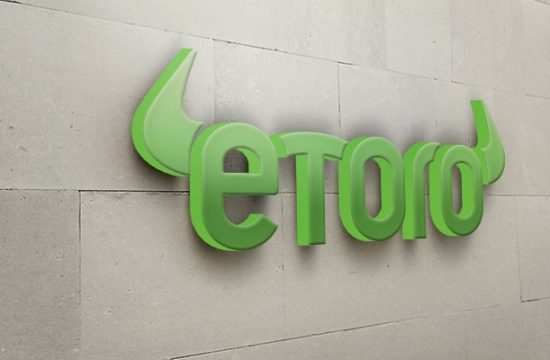Commerzbank has piloted a blockchain platform for managing test payments between companies in a fully automated and digital manner.
In this pilot, 2 chemical companies, Evonik and Basf, participated and they did payments that were checked, paid, and booked through the blockchain platform that handles supply chain processes in a live environment.
The companies transmitted the data to the platform of the bank which then processed the data and stored it in and then invoked the blockchain platform for payment processing. e-money was made available to the companies so that they can make automated payments to each other and then these payments were automatically validated through smart contracts.
Blockchain has been gaining traction over the last few years as a means of managing payments and have been piloted across several industries. Banks have also started piloting various blockchain platforms and processes over the last few years as they continue to try and move out of their legacy systems and try and adopt new technologies so that they can keep abreast of the latest changes in fintech.
Blockchain is preferred for its security and transparency, two things that are the most problematic areas as far as banks are concerned. Blockchain also lends itself to decentralisation which is another issue that is bogging down banks and their payment systems.
It is due to the necessity to overcome such problems that the banks have slowly tried to adopt blockchain, another reason being that they do not want to be left behind in the changing world. More and more transactions are being done on different types of blockchains and there are reports that certain banks have started building their own blockchains.
Heinz-Günter Lux, senior digital strategist, Evonik Digital, says: “The payment process via blockchain and by means of programmable money along our existing process chains is definitely more transparent, quicker, and more reliable. It is an important building block towards the development of fully autonomous supply chains.”
Payments handled through blockchains are also much faster as compared to the traditional methods. More and more digital payment companies are switching over to using blockchains and tokens for speeding up their payment processes and as a result of this, the banks are likely to lose a major share of their business as far as the payments space is concerned.
It is this competition and threat that has been forcing many banks and legacy systems to start adopting the latest technology and keep themselves in the race.












